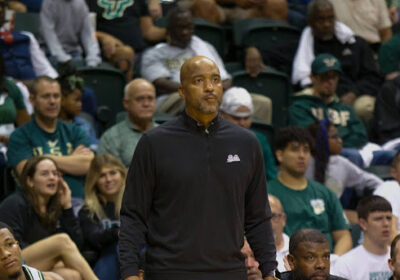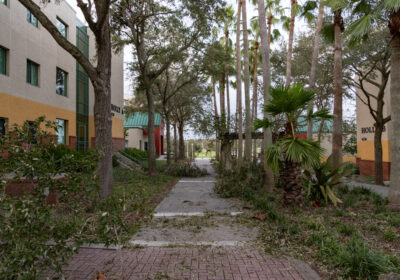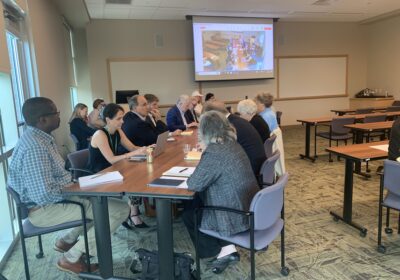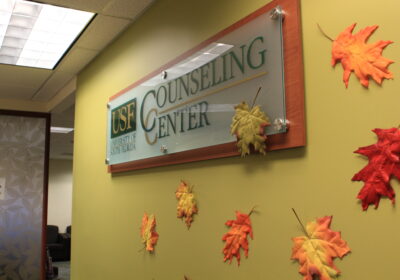USF Health confident in COVID-19 testing supply despite state shortage
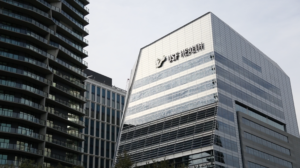
USF Health experts are certain the university’s COVID-19 testing supply and availability for students and staff is sufficient amid a statewide shortage during the most infectious variant of the virus yet.
Floridians have been met with increased difficulty in their search for available COVID-19 tests following the Jan. 8 discovery of the state-owned warehouse containing over a million Abbott test kits that expired just before the new year.
With the omicron variant’s unprecedented infection rate and the deficit of available tests within the state, USF Health has been monitoring the number of COVID-19 cases and ordering tests ahead of time to mediate the anticipated surge in demand for testing, according to College of Public Health Dean Donna Petersen.
“We are continuing to work with our colleagues at USF Health and other testing companies that we’ve been working with on our other campuses to see if we can expand the testing capacity even further than what we have now,” Petersen said. “We are not experiencing a shortage of tests so far.”
On top of the preparations USF Health has made, Petersen emphasized the abundant resources the university has available because of its presence in four different counties — Hillsborough, Pinellas, Sarasota and Manatee. The intrinsic testing capacity in tandem with strategic planning by the university should satisfy the demand, she said.
USF Health has no plans to pivot testing sign-ups from first-come first-served to prioritized testing for campus residents and staff, but that may change in the future, Petersen said. To avoid the possible shift, USF is seeking to expand its testing capabilities by partnering with a testing lab.
“We don’t want to be in a situation where we’re ever turning anybody away. That’s not at all what we want to be doing,” she said. “We certainly don’t want to discourage anybody from seeking care or testing.”
For students that have been exposed to the virus, Petersen advises them to stay home from class, work and social functions, and seek the appropriate testing and care.
“If you’re not feeling well or you think you might have been exposed and are waiting for a test, don’t go into class,” she said. “Let your professor know. Professors or instructors are doing all they can to try to accommodate students.”
Although the omicron variant is the most infectious disease to challenge USF Health, Petersen believes the surge was heavily aided by holiday gatherings. As students reunite on campus for the spring semester, she encourages students to err on the side of caution for large activities that may proliferate the spread of the virus.
“I don’t think we’re going to see something beyond what we can handle now,” Petersen said. “So be outside and enjoy it, but to the extent that you can avoid large gatherings, especially indoors, that would be in everybody’s best interest.”

